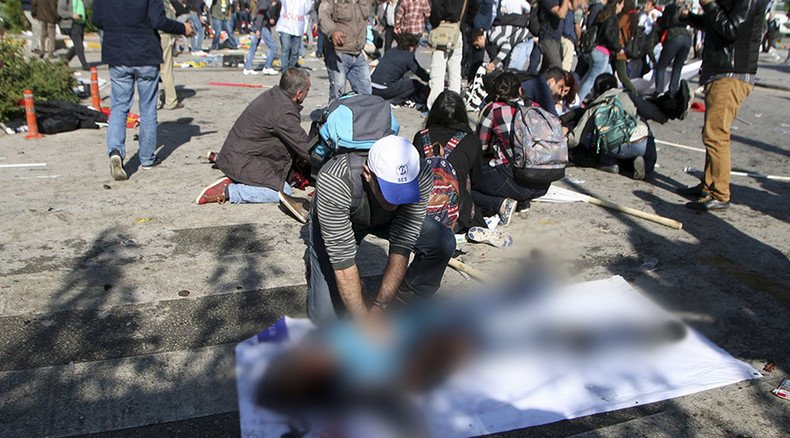Re: Regional geopolitics
- 9 / Հոկտեմբեր / 2015
Ռուսաստանին ստիպեցին գնալ Սիրիա. «Թարմ ուղեղով»՝ Մանվել Սարգսյանի հետ
Ռուսաստանը թերթեց ուկրաինական ճգնաժամի էջը. պատերազմն այնտեղ ավարտված է: Սակայն Ռուսաստանին պարտադրեցին գնալ Սիրիա: Դա բնավ չի նշանակում, որ Ռուսաստանը տուժելու է, հակառակը՝ կարող է դիվիդենտներ ստանալ. բայց, այնուամենայնիվ, պարտադրել են: ԱՄՆ՝ ի դեմ Ռուսաստանի, չունի թշնամի, աշխարհում Չինաստան կա, որը նոր քաղաքակրթություն ու խաղի կանոններ է թելադրում, վտանգն այնտեղ է: «Թարմ ուղեղով»՝ Ռազմավարական և ազգային ուսումնասիրությունների հայկական կենտրոնի տնօրեն Մանվել Սարգսյանի հետ:
- 9 / Հոկտեմբեր / 2015
Ռուսաստանին ստիպեցին գնալ Սիրիա. «Թարմ ուղեղով»՝ Մանվել Սարգսյանի հետ
Ռուսաստանը թերթեց ուկրաինական ճգնաժամի էջը. պատերազմն այնտեղ ավարտված է: Սակայն Ռուսաստանին պարտադրեցին գնալ Սիրիա: Դա բնավ չի նշանակում, որ Ռուսաստանը տուժելու է, հակառակը՝ կարող է դիվիդենտներ ստանալ. բայց, այնուամենայնիվ, պարտադրել են: ԱՄՆ՝ ի դեմ Ռուսաստանի, չունի թշնամի, աշխարհում Չինաստան կա, որը նոր քաղաքակրթություն ու խաղի կանոններ է թելադրում, վտանգն այնտեղ է: «Թարմ ուղեղով»՝ Ռազմավարական և ազգային ուսումնասիրությունների հայկական կենտրոնի տնօրեն Մանվել Սարգսյանի հետ:











Comment